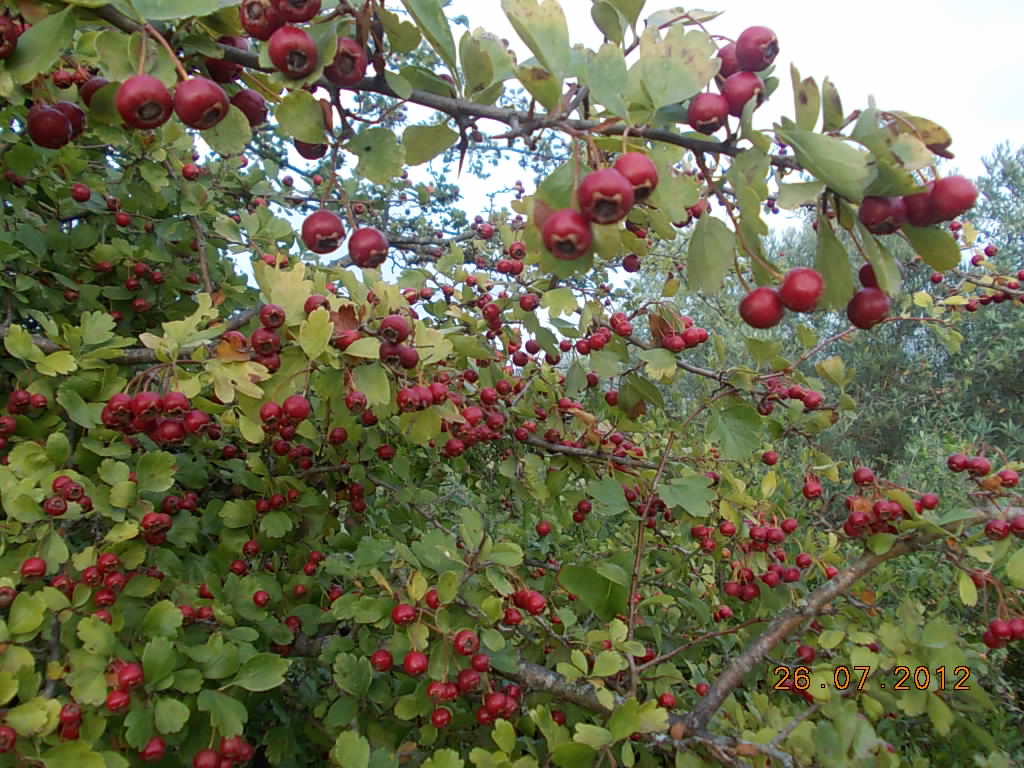Sorry, in English.
I wonder what programme this is...While ideologically you could say what you consider native you cannot do so on a scientific level without having double standards, without excluding some species just because some persons deem them nonnative or native etc.
All trees that grow in Portugal now and procreate are native. It is very simple. What ecologists do is simply saying that human dispersal somehow does not count, excluding a mammal from being a "valid" disperser of seeds and animals. The only reason is an ideological one: they do not like what happens. But that is an opinion.
When we look at what science can and cannot do, we can look here at the Uni of Berkely:
http://undsci.berkeley.edu/article/0_0_0/whatisscience_12
So science cannot prove which morals are right or wrong, it has no values.
Science cannot determine how we should apply knowledge coming out of it
Science cannot make aesthetical judgments (this is prettier, looks better or what ever)
Science cannot prove or draw conclusion on the supernatural
Ecology, which has filtered down to society as if it is a science in THIS case fails on three out of four. It does not draw on the supernatural.
But the first three are a failure.
Ecologists in peer reviewed work DO make value and moral judgment on a constant basis. They DO claim Native is better than nonnative, which they cannot prove for the reason given above.
The DO make aesthetic judgements as one of the many arguments in peerreviewed work is that homgenisation of biotopes around the world is bad.
And they very much do tell others that we should exterminate this, "all nonnatives guilty until proven innocent".
Invasions, natives etc is all very much alike what humans tend to do in culture when foreigners enter our country. In the past, some scientists (eugenetica) also told us which were the better humans and which the worse and guess what: the natives were the better, those who resembled us or belonged to us were more in their place than newcomers.
Scientists and ecologists should us neutral wording, should not tell us what we should do, waht we should like and the most questionable thing to my mind is the call for killing life on the basis of its genes and where they belong according to some people.
A scientist should copllect data, be unbiased. That is the place of science. The place of politics is where people decide. So fact sbelong to science, opinions to ideology and politics. These are hard lines drawn between them and in most scientific fields they are. Ecology has obscured that line very much in a way climate deniers tend to do: blurring the lines between facts and opinions and interchanging them to get the world to THEIR view.
So to the point: eucalyptus, douglas fir and all other species currently existing on their own are as native as anything else. Some dispersed themselves over the ground, others via the wind. some others via birds or ocean currents and some by mammals like sheep and humans.
To let a biologist *funnily enough) make this line very clear here is a video by professor Richard Milne. Note that he is making a very good case on climate and climate change and shows us who deniers work. You probably will note that his argument, like I state above, very much count for nativists too....
The first 20 minutes deal with bad science and what it looks like...
FInal point: you might say you like Portuguese platsn and animals more and want them to survive. As ecologists can only determine what is "native" and what not by the geological record and not behaviour, appearance or anything I wonder what makes "being Portuguese" so different if it is only something that is not tangible.



